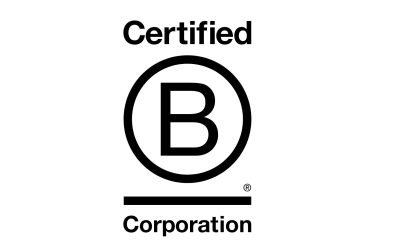The devastation in the Lahaina area, on the western coast of Maui, is still being assessed. The loss of life is unspeakably tragic, with a death toll that is certain to rise over the coming weeks. In terms of property, over 2000 structures have been damaged or destroyed. They range from residential to commercial, industrial, and agricultural properties. Wildfires are not unprecedented on the Hawaiian islands, but the recent disaster is likely to lay claim to a handful of awful superlatives by the time the final tallies are in.
No sooner did attempts to control the blaze begin than did activist hobbyhorsing: environmentalism, climate change, federal disaster assistance, and other issues invoked in the service of political ideology. And under the general category of opportunistic misconduct, reports of looting in evacuated areas have been accompanied by an ageless ideological enterprise: the demonization of speculators.
Maui residents contending with the sudden loss of homes or businesses (if not worse) are understandably likely to treat calls from real estate developers or land speculators less than accommodatingly. But treating post-calamity commercial interest as pernicious or inappropriate (much less “disgusting”) is as detached from reality as many COVID mitigation policies were. Speculators serve critical economic functions.
The financial cost of the Maui rebuilding is presently estimated, and quite possibly underestimated, at between five and six billion dollars. Whatever the ultimate cost, the recovery will take time, perhaps years. Some affected individuals would undoubtedly prefer to take a payout and move on rather than incur the expense of renting/purchasing a temporary domicile until the reconstruction is complete. By offering buyouts, speculators are incurring risk and providing liquidity to voluntary sellers. Property owners seeking to deploy their capital elsewhere are thus able to do so.
Additionally, even if only a small handful of property sales take place, the consequent prices may contribute substantially to the price discovery process. Prices resulting from transactions are likely to serve as guideposts for economic calculation, steering the decisions not just of developers but of other residents as well. Opportunistic bidders turn what would otherwise be guesses into more informed choices regarding construction and factor inputs. Proposals for a moratorium on land sales risk making the restoration a lengthier and more wasteful affair.
Unlike the backdrop against which most financial and real estate speculation has taken place over the first quarter of this century, the current interest rate environment is significant. Speculators plying their wares amid 6 percent interest rates and contracting credit are of a vastly different ilk than those wheeling and dealing during zero-interest-rate periods. So while entrepreneurial errors are always a possibility, savvier real estate plungers are likely to be at work presently. That bodes well, generally, for the soundness of the offers being made.
As always, there are also unseemly elements at work using manipulative or fraudulent means to secure properties. That is a separate matter.
The suffering of the Maui wildfire survivors is likely to be ongoing. More aid is needed, and for some the agony, sadly, will never be overcome. But diabolizing a constructive economic process is superficial and counterproductive. Speculators, and in particular the risks they bear and the prices they generate, are critical in laying the foundation for recovery.
Made available by the American Institute for Economic Research.




